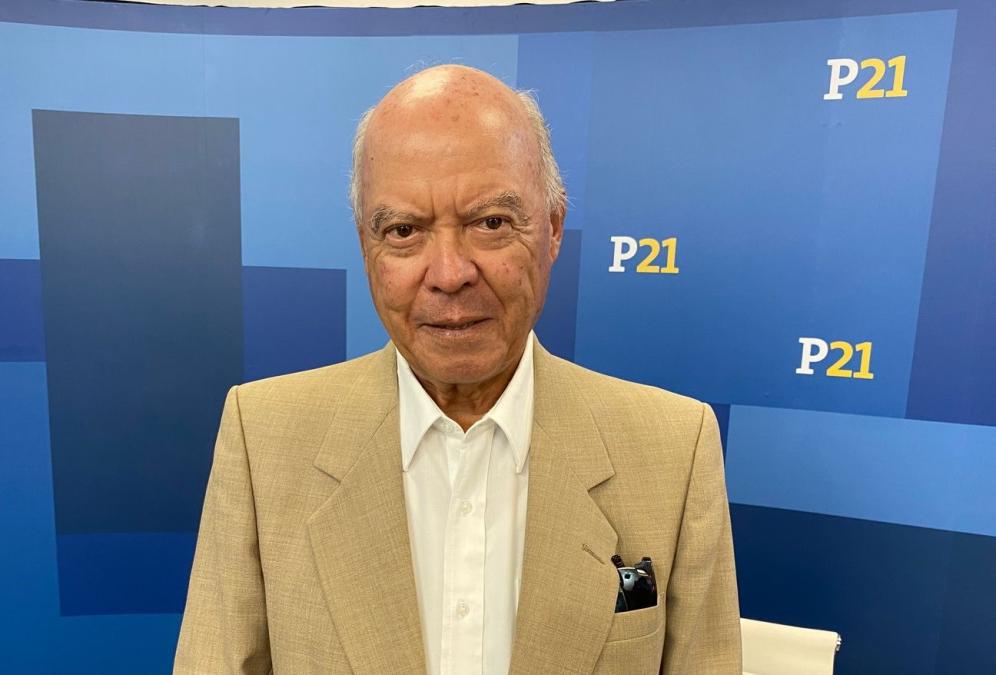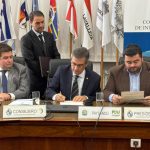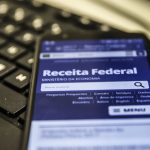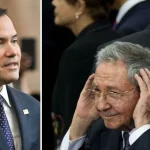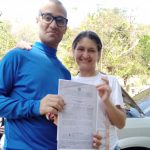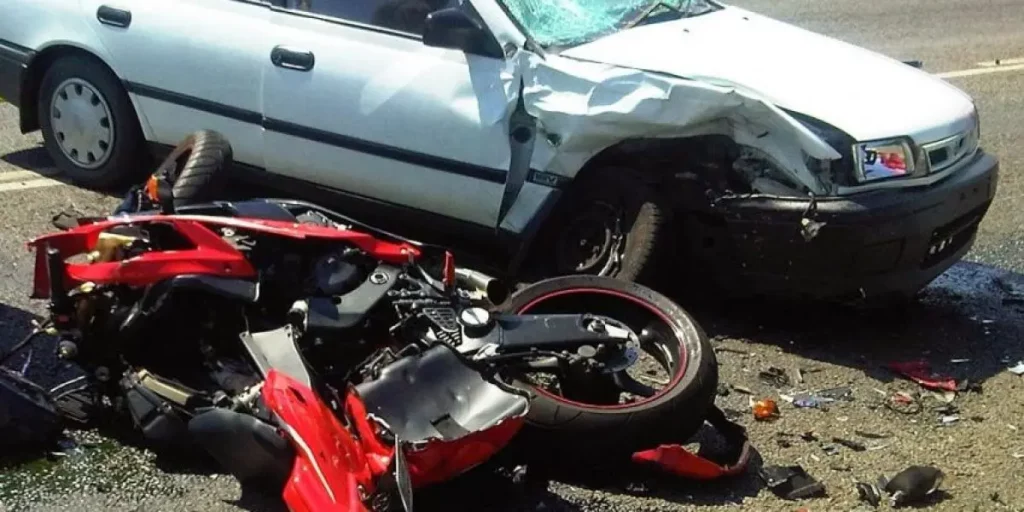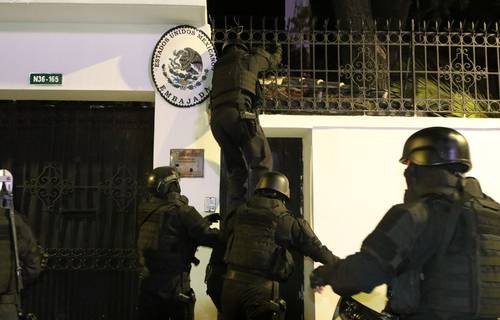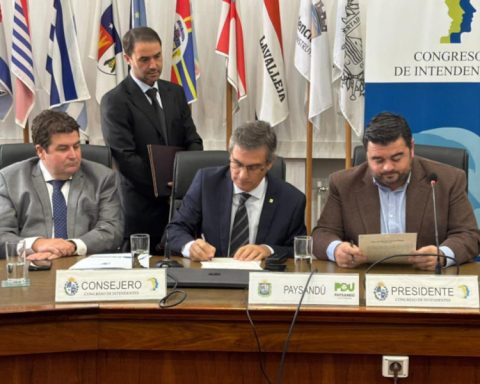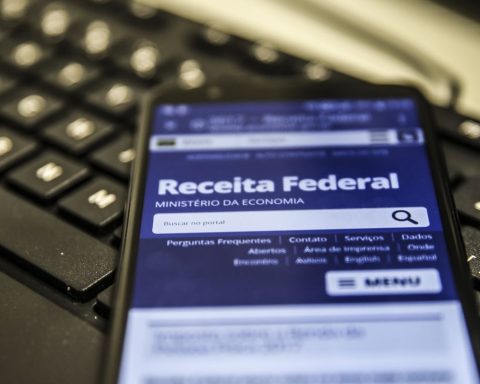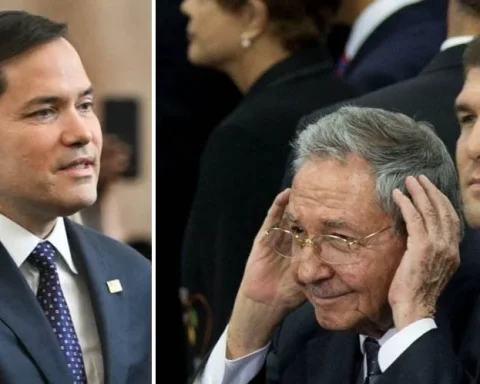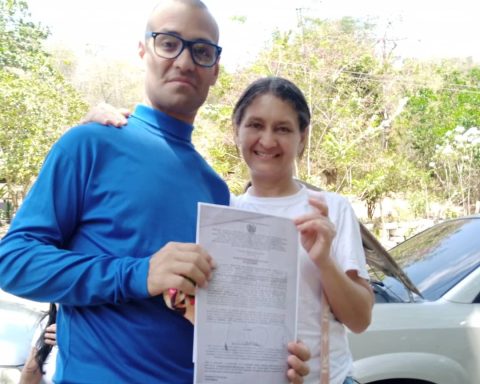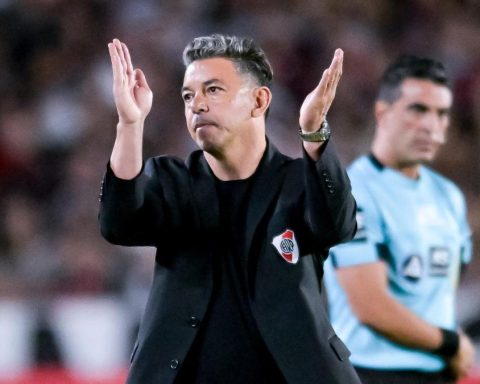Politics is an issue that Mario Vargas Llosa always had in mind, in his life, in his novels, how do you remember those beginnings of our writer in politics?
Indeed, Mario since his years at the Leoncio Prado school already had great concerns about the subject of Peru, but was overflowed more for personal, family and literary vocation. His life in San Marcos was a political magnet too, but his priority was in his creative work and that is evidenced in the testimonies of such important works he wrote at that time.
And how does Vargas Llosa get venture into Peruvian politics?
When General Morales Bermúdez takes power in 1975 summons me some meetings in Palace. One of the first ideas that arose was that some civil ministers be appointed to start giving a sign that the government, which was military, was looking for an opening. If Peru was not transformed, foreign investment could not be convened. In that context we agreed with Hernando de Soto, my friend of more than 60 years, who, taking advantage of the fact that Vargas Llosa was restless for what was happening in the country and given the call he had internationally, was responsible for organizing symposia to bring personalities from abroad to the country. These events would allow a scenario to mark a possible open government. And Mario had a leading role as organizer of those events. Then came the elections of 1980, the economic situation of Peru required deep changes, but did not occur in the Government of Belaunde. They ruled the present and did not give or could not or did not have the elements of judgment to imagine a Peru of the future. Peru was not responding at the levels of the challenge. In 1985 Alan García broke up and in his government the banks are proposed.
This is where the figure of Vargas Llosa appears as an opponent of aprismo and political leader.
As is. Mario was a literary creator with a knowledge not only of Peru, but with an international vision of what was happening and sought in the country a reform that responded to the principles of freedom, there was a need for Peru to have a plan of 20, 30 years. For that purpose, Mario makes a call and more than 100 people work intensively two years with a 30 -year Peru Plan. While this plan was worked on, there was a need to have a political attitude, because the nationalization of banking was a shock, as if we returned to the Velasco dictatorship and people reacted, because it would already be exhausted with economic freedom in all the strata of the private initiative. That call gave rise to the Plaza San Martín, of a rumble of a plenary that had never had. And that is where the passage of Vargas Llosa makes him out of the stage, criticism, contribution, suggestion, proposal and assumes a role of taking a prominence to conduct a movement. A proposal was chosen with the name of Freedom Movement so that freedom was the word that summoned us in all its areas. Mario wanted to make Peru a better country. Then the elections arrived, the people voted for Fujimori and obviously the Government of Garcia did everything possible so that Mario did not win the elections.
And how did Vargas Llosa take those attacks that came from the Aprista government so that he did not win the elections?
He took it with that equanimity, in the way he has translating into his literary works; He has lived circumstances of all nature, but then he has digested them to transmit them in a way, with a literary value of their creativity, so that we can share and live it. Even at the end of the elections, Mario told us that all that work with hundreds of proposals, that plan that we develop we would transfer them to the new government. And we give it to the Minister of Economy.
Why didn’t Vargas Llosa return more to politics?
Those are already personal circumstances. He decided to return to Spain to resume his personal, creative, literary life. That took time and marked distance. But there was a reality that he had rooted from childhood, from his school stage at the Leoncio Prado school, and Mario had Peru not only in his head, but in his heart, so he never ceased to be linked to what happened in the country, as it was until his last days.
Did you have the opportunity to speak with Vargas Llosa about the country’s direction in your last years of life?
Well, he never stopped staying informed, his children have also been very associated with what happened in the country and shared that. A year and a half ago it was the last time we were able to talk with greater freedom than what happened in Peru and the world. Look, I thank God to have been able to know it in good times and have the possibility of sharing, speaking, discussing solutions, ideas. Mario never lost the equanimity of everything that happened, because we have not stopped living in trouble. To Patricia, his admirable wife, in addition, we must thank him a lot. She decided that no one would bother him in the morning because Mario needed peace of mind to create, to think. And so, while she attended all the calls in the world that made Mario, he went for a walk, returned home and began to work, to write. Mario always recognized, until the last day of his life, that it was very useful to have a few hours where he could process his ideas to write.
Is Mario Vargas Llosa Peru?
Definitely. It is a luck that we could have a person of that personal, intellectual quality and, above all, as generous as he has always been in his life.
